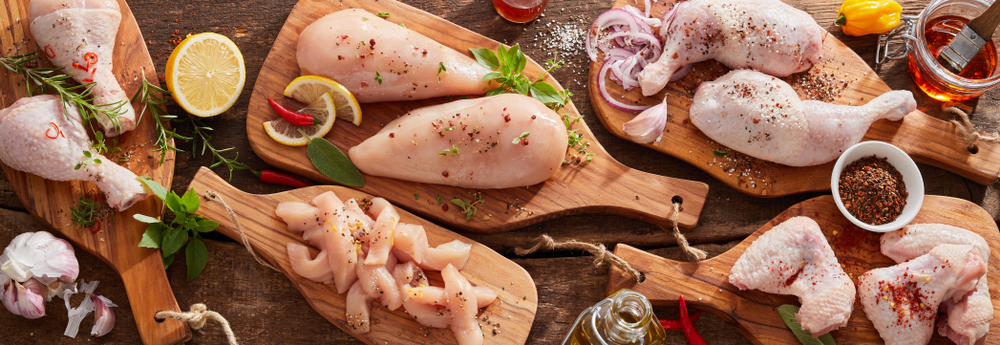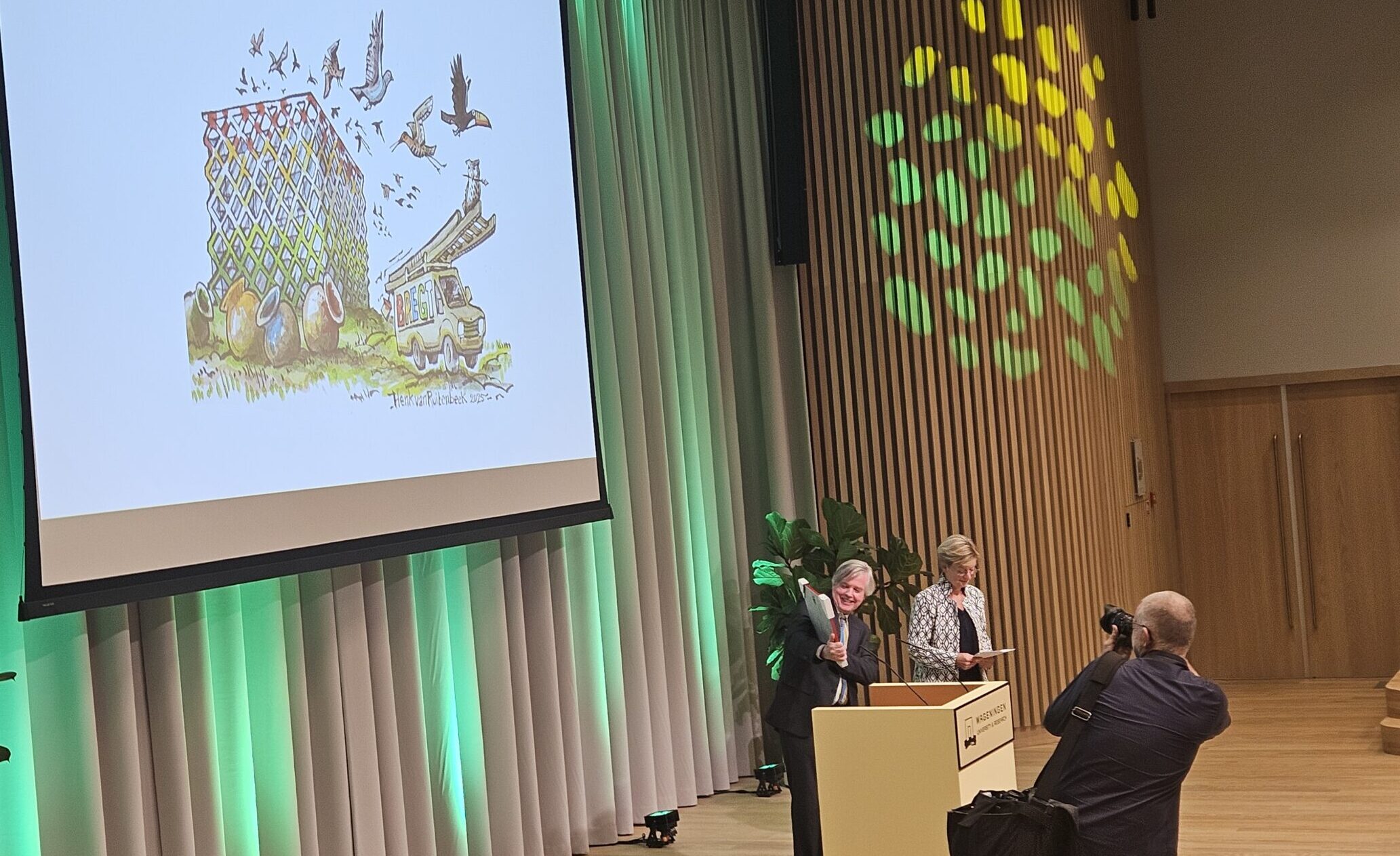Supermarkets are to cease the sale of cut-price chickens in 2023. Farmers can now negotiate the prices of chickens with the ‘Beter Leven’ (better life) quality mark with supermarkets and slaughterhouses.
WUR poultry expert Peter van Horne thinks the cut-price chicken campaign (links to Dutch content) by the Wakker Dier animal rights organisation will lead to a rapid and successful food transition towards animal-friendlier chicken meat. With the Dutch supermarkets banning fast-growing chicken breeds, the Dutch consumers will only be able to buy meat with a ‘Beter Leven’ quality label. This will cause an extensive transition in the poultry sector, Van Horne thinks.
Additional costs
Van Horne studied the cost, profit and incomes of poultry farmers that produce regular chickens, slow-growing broilers and organic chickens. He concluded that all of the different poultry farmers achieved approximately the same income in 2017. The farmers that produced the ‘Tomorrow’s chicken’ or ‘Beter Leven’ chickens, and invested more, were compensated for their additional costs with a higher price for their chickens. A chicken bearing the supermarket label ‘Tomorrow’s Chicken’ has a 20% higher production cost, while a ‘Beter Leven’ chicken costs 44 per cent more to produce than the cut-price chicken. The extra cost is due to the increased living space, a covered pen and higher feeding cost per kilo of chicken.
Talks
Of all of the chicks in the Netherlands, 30 per cent were slow-growing (supermarket quality label), and five per cent were Beter Leven chicks. The remaining 65 per cent were cut-price chickens designated for export, foodservice and the processing industry. Van Horne expects most poultry farmers currently producing chickens under the more lenient ‘Tomorrow’s Chicken’ label to start producing Beter Leven chickens from 2023. ‘Those talks are currently underway. It is up to the slaughterhouses to convince them they will be able to earn a decent income with the production of Beter Leven chickens.’
Corona crisis
Van Horne expects the slaughterhouses to reach out to farmers currently producing regular chickens for export purposes. These farmers did not do well last year due to the corona crisis and the reduced export, which may increase their interest in transitioning to Beter Leven chickens with fixed prices. He expects some 45 to 50 per cent of all chickens in the Netherlands to be kept according to the Beter Leven standards in 2023. ‘This would be a very rapid transition to a more animal-friendly meat production.’
In many countries, the supermarkets place regular chicken and slow-growing chicken with a quality label side by side on the shelves. In these cases, the market share of the quality label remains fixed at 5 to 10 per cent. In the Netherlands, where the consumer will no longer have a choice, the market share will increase to 100 per cent. ‘If supermarkets take charge, a transition can be made very rapidly.’
12 euros per kilo
The demise of the cut-price chicken does mean that consumers will have to pay more for chicken meat. A regular chicken would typically cost 6 euros per kilo, while the price of a Beter Leven chicken is almost twice that. Tomorrow’s Chicken costs approximately 8 euros per kilo. What the price of the Beter Leven chicken will be in the future is yet to be decided.
There is another effect of the transition to Beter Leven chickens, says Van Horne. The livestock population will decrease. ‘Beter Leven chickens require 40 per cent more room than the regular chickens, which means reducing the number of chickens in the coop by 40 per cent. In most locations, farmers are not granted the permits they need to build additional barns to compensate for the reduction. Thus, I believe the number of broiler chickens in the Netherlands will drop by 10 to 20 per cent in the coming years. Not as a result of any government policy, but due to the supermarket decision. The market will get this done.’

 Photo Shutterstock
Photo Shutterstock 

